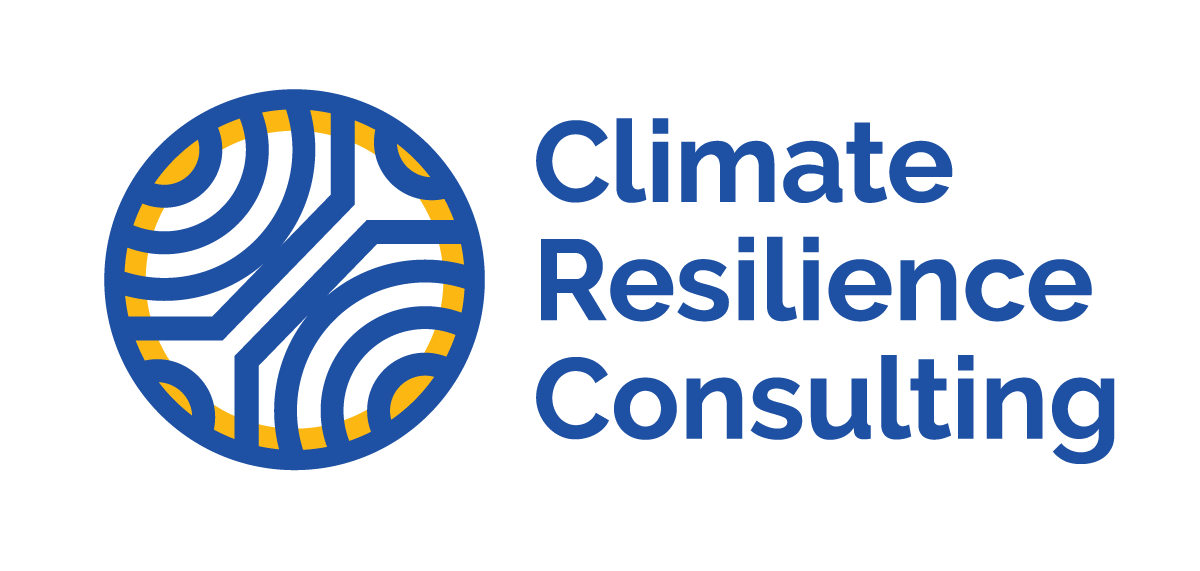Soon after he became NATO Secretary General in December 2009, Anders Fogh Rasmussen summed up the military alliance’s approach to dealing with the security implications of climate change in three words: “consultation, adaptation, and operation.” Appearing on a panel at a United Nations’ conference on climate change, Rasmussen maintained that the organization has “a real edge” to help tackle any such challenges. Since then, Rasmussen and NATO ministers have shown general disinterest in the subject. His 2011 annual report didn’t mention climate at all. And a two-day NATO science workshop in late April last year on climate change drew mostly academics and little notice. During the upcoming summit in Chicago on May 20-21, NATO heads of state and government will discuss many issues, but climate isn’t expected to be one of them.
What an oversight. Especially since Rasmussen’s predecessor, in a June 2008 speech addressing the future of the Alliance, called on NATO to prepare for a period of global insecurity sparked by climate change. Frankly, it’s time for Rasmussen and the Alliance to take proactive steps toward preparation. That means preparing a new type of “army”—recruits who include climatologists, epidemiologists, geologists, agricultural scientists, foresters, hydrologists, and even cultural historians.
Why? Because climate change is real. Not-so-subtle changes already are afoot on our planet from climate shifts, including extreme natural storms and disasters, higher temperatures, and rising ocean levels. It’s just a matter of time before peoples start squabbling—and worse—over scarce water, food, or other vital resources triggered by mutable climate conditions.
It’s happened before. A largely agrarian period in Europe known as the Little Ice Age (1560-1660) sparked the Thirty Years’ War (1618-1648) among other armed conflicts. Fought throughout Europe, it was the longest continuous war in modern history, and a recent study, led by geographer David Zhang of the University of Hong Kong, contends that climate change played a major role. Cooler periods in China and the resulting scarcity of resources over the past millennium are also closely linked with a higher frequency of wars, according to Chinese researchers.
Dr. Zhang believes extreme climate events—both hot and cold—could have a disastrous effect on the earth’s ecosystem and may trigger social, economic, and political upheaval—possibly even war. The U.S. National Intelligence Council even evaluated the topic in 2008. Recently, the Mother Nature Network identified seven places where climate change could trigger conflict: Southern Africa, Bangladesh, Western China, Kashmir, the Sahel region of Africa, Central Asia, and Lake Victoria in Africa. And consider the Maldives, the Indian Ocean archipelago that is disappearing into the water as sea levels rise. Already, Maldives’ president says the government is putting aside income from the annual billion-dollar tourism trade to buy land elsewhere, should the worst happen.
Naysayers, of course, will scorn such talk, especially if they believe climate change is a myth. Still, it was retired U.S. military leaders who asserted in an April 2007 paper on North American climate change that global-warming water problems—either too little or too much—will make poor, unstable parts of the world even more prone to armed conflict, acts of terrorism, and the need for international intervention.
To be sure, the connection between warming and war is extremely complex. But it still might serve NATO well to step up its preparations for when sensitive situations—which may not be far away—arise from changes in climate. NATO offers solutions, and climate change doesn’t have one. It would seem to be a natural shift in NATO priorities as European military conflicts ease.
NATO can play an especially critical role in helping develop methods and tactics to adapt to changing climate conditions and mitigate future risks. The facts bear it out: Adaptive societies face fewer conflicts. So by assuming a much larger role now in preparing for climate change adaptation, NATO could serve to increase social, economic, and environmental resiliency and lessen the risk of conflict.
Are you taking note, Secretary General Rasmussen?
